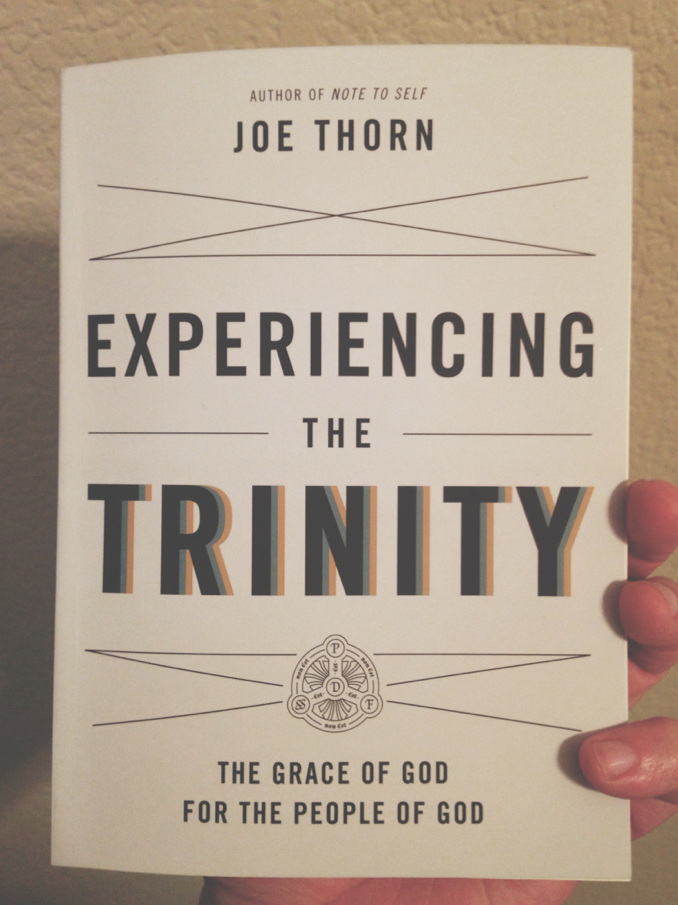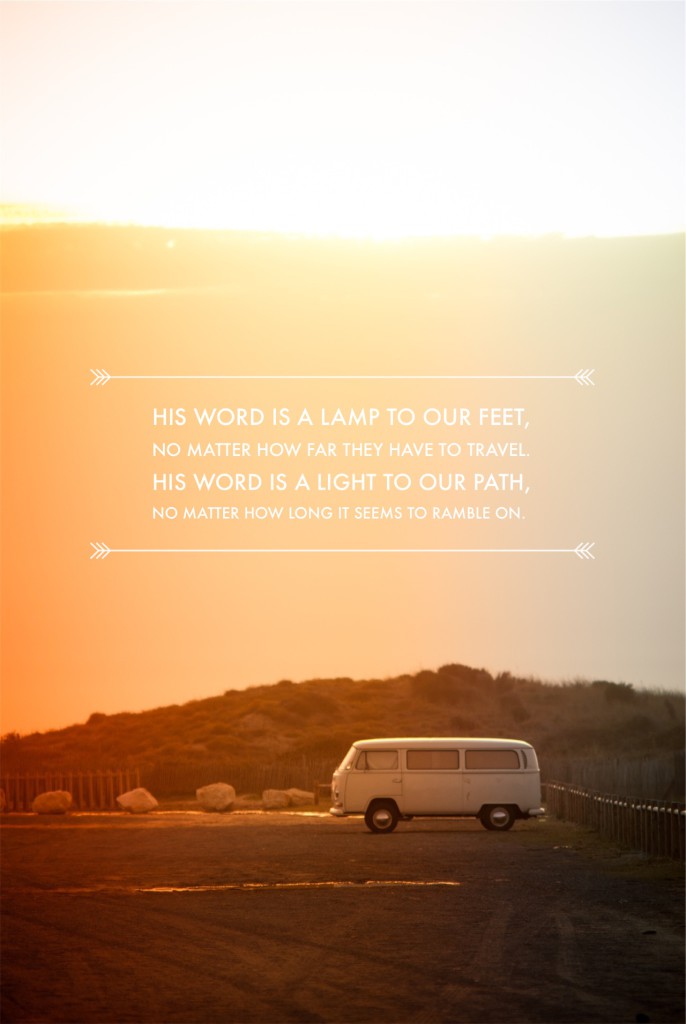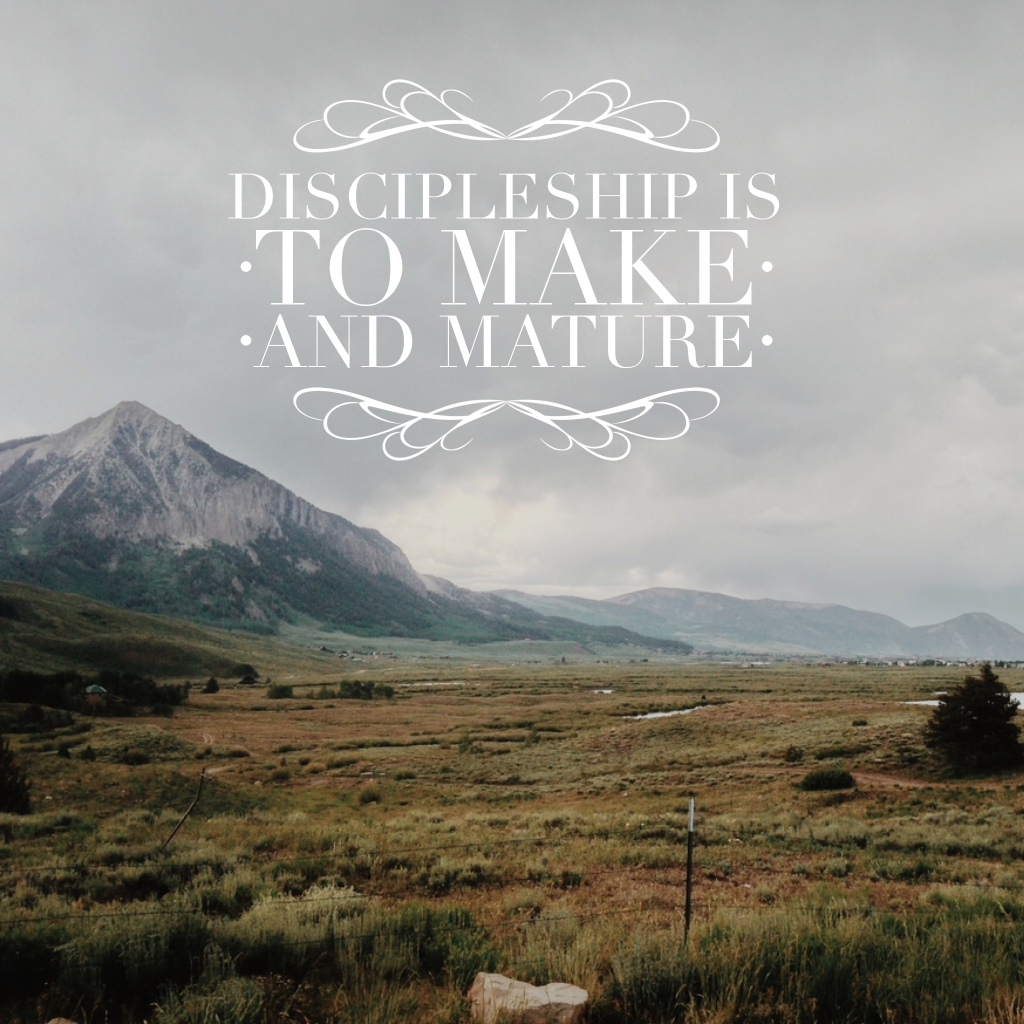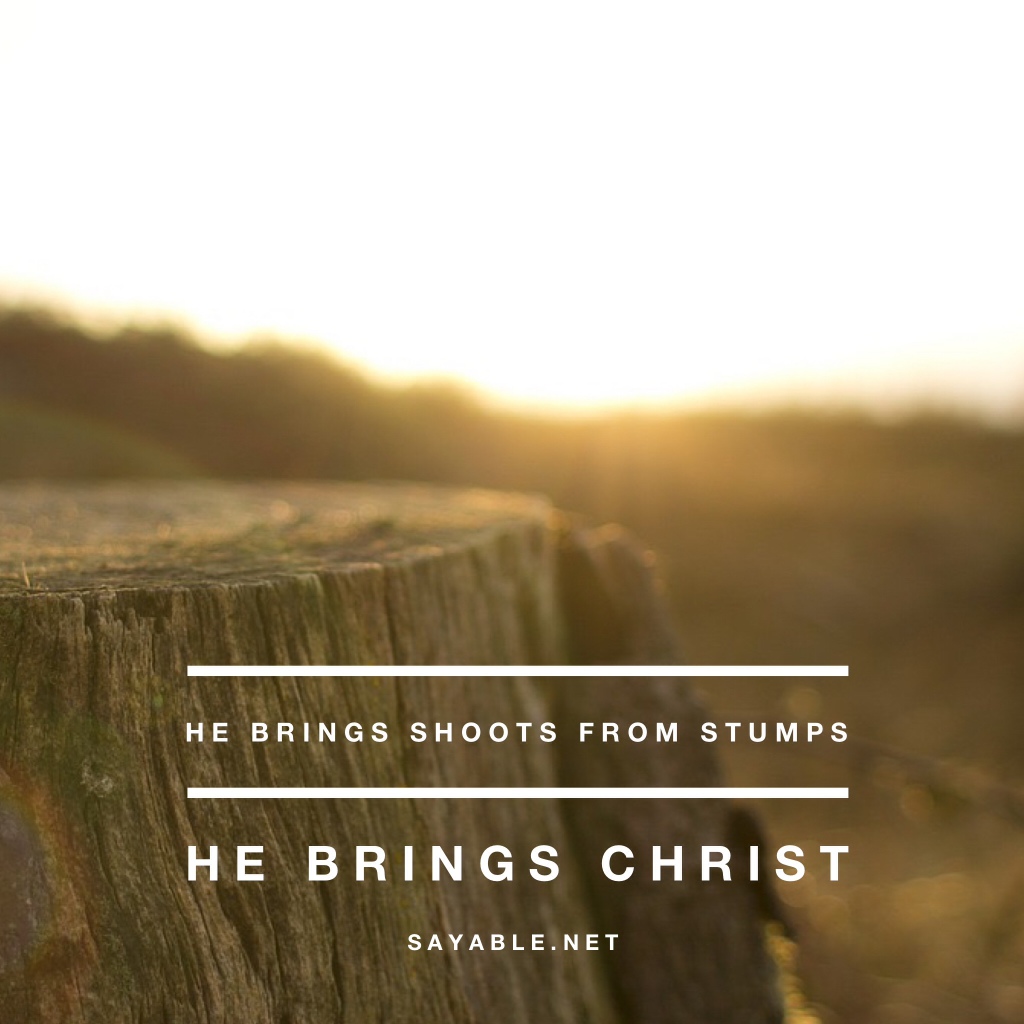I have a friend who has always gotten what she wanted, and I have judged her for it. Employment, homes, money, husbands, children, perfect hair, perfect skin, perfect teeth. The world is brimming with opportunity for her, if only she will stare it full in the face demanding it acquiesce to her whims. And it does, every time. I have watched it bow to her for nearly half our lives, no matter how messy the wrestle or how bloody the battle, she always gets what she wants. And she has a beautiful life.
Another friend sent me a text a week ago, "Can we talk?" I have not always gotten what I wanted, and I always assume that is because I don't deserve it or am not meant for it, that the stretch of my life will be the backhand of God across my every whispered desire. I assume I am always in trouble and text him back accordingly, "Depends. Am I in trouble?"
He spends nearly three hours at my house that afternoon, straight to the point, tender, kind, but unrelenting in his challenges and questions. Where is my joy? Why do I always take the hard road? Why do I think God always means to give me the leftovers? I cry some and listen a lot and talk more in those three hours than I talk in months. I feel heard and seen by him, and a little bit by God too, which is saying more than I can say for this whole year. "Stop punishing yourself," he says, and another friend said the night before, "You made a mistake a while back and you're still berating yourself for it."
. . .
I woke up this morning thinking of the prodigal son, the one who demanded an inheritance and got it, and the elder son who stayed home minding his father's business but not partaking of the father's blessings. There have been many seasons where I know I have taken all the good He has given me and squandered it, finding myself face-down in a pig-pen, but today I am the elder son, staring at the fatted calf and not daring to ask for it.
Lest you think, reader, I have never asked, let me correct you because I have. I have asked for the fatted calves a thousand times and a thousand times seen them paraded by me and given to other friends. It is difficult to resent when God gives to those you love, but it is not difficult to resent the God who gives it.
And it is even easier to resent the self who asked for it.
. . .
Perhaps you think yourself a martyr too, like me, certain you will never deserve nor get what you want and so you will die an ascetic's death, in the scant riches of the poverty gospel. Or perhaps you are like my friend, prone to ask wild things and get them too, scarred and battle worn, but always, always, always winning.
I don't know if either one of us is more right or more wrong, but I do know both of us need friends who sit across from us for three hours and ask where the true source of our joy is, or if it exists at all.
We know our ultimate joy is in Him, but we are also told to be like the persistent widow, banging on the door at midnight asking for what she needed.
We know he is the treasure in the field, worth everything we own to get, but we also know to ask for bread and fish—which are simply sustaining things and not treasures to any common person.
We know he is the object of our worship, but see how he has clothed the lilies of the field in splendor, inducing our worship of him and satiating our demands to be cared for?
I cannot think it is wrong to ask boldly, but neither can I ask boldly, so I am caught in the tension of simply not asking.
. . .
When I was young I asked for something specific from my parents. They were always generous parents, as generous as they could be in a family of ten. But in this they said no, that one of my younger brothers would be the recipient first for various reasons. But then that same brother died in a sudden accident and our world shattered in every direction. No one was thinking of promises made to children, we were all just trying to survive the catastrophic blow that kept on beating us from every side. Not until a friend asked me this year did I realize I still carry with me a post-traumatic-stress from those few years. I encased myself in getting through it, being strong, protecting my youngest siblings, protecting myself, most days just surviving. My dead brother would never receive the gift, but I would also never receive the gift, because who thinks of gifts when the ground is coming apart around you?
. . .
Reader, I would like to wrap this up for you, but like the gifts I wrapped on Christmas Eve and were torn open twelve hours later, I don't know that wrapping things up is always as effective as we like to think in evangelical circles. The difficult truth is I have been challenged this week, but not changed, rebuked, but not repented, asked of and not asked in return. I cannot wrap this up for you, neatly and in order, pithy and prideful. I am unfinished, like the nativity scene my roommate was carving for me until she cut her hand and we spent our Christmas Eve in the Emergency Room. Mary and Joseph and baby Jesus are complete, standing on our mantle, but the manger is still in the garage on the work-bench, half finished. A reminder to me that the people who had waited for a great light saw it that night in Bethlehem, but the story still wasn't finished and wouldn't be for thousands of years. Two-thousand years later I would still be afraid to ask the Savior to show Himself present.
On a hill a few weeks ago, overlooking the shepherd's fields and the city of Bethlehem, we sung the words, "The hopes and fears of all the years are met in thee tonight." I thought to myself, in Christianity it is okay to say our hopes are met in Him, but our fears? Do we ever talk about our fears being met in Him? Our trembling, angst-filled, angry, sad fears? Will these be met in Him too?









 We're an ambitious lot, you and me. Armed with our five and ten year plans, our budgets, our ideas, our visions. We stockpile shortcuts and wisdom and switchbacks, the fastest and easiest routes to success. We set high goals and adhere to rigorous demands and diets and designs in the pursuit of domination over some thing in our lives. We determine to win.
We're an ambitious lot, you and me. Armed with our five and ten year plans, our budgets, our ideas, our visions. We stockpile shortcuts and wisdom and switchbacks, the fastest and easiest routes to success. We set high goals and adhere to rigorous demands and diets and designs in the pursuit of domination over some thing in our lives. We determine to win.



